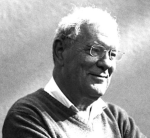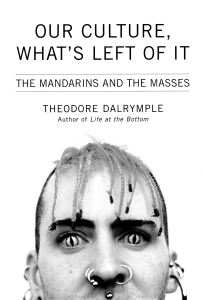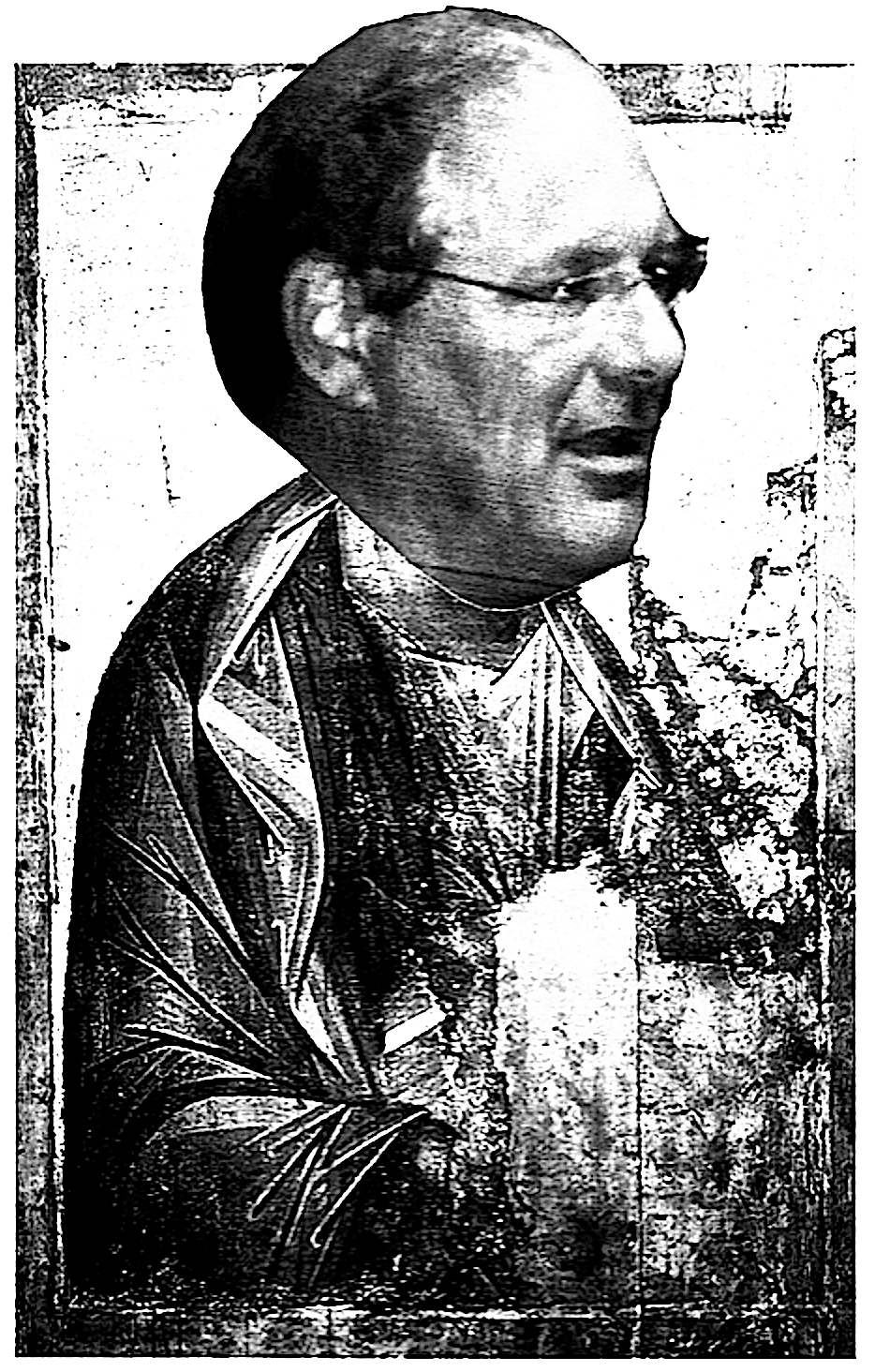No good crisis should go to waste, writes Dalrymple, and
the priests of Britain’s secular religion, its highly centralised National Health Service, have not been sitting on their hands.
There has been so much NHS propaganda during the Chinese flu crisis that one might have believed that the propaganda
was under central direction.
The NHS evangelicals deliberately confound the health service bureaucracy with the devotion and skill of doctors and nurses, but of course
they are not the same thing — very far from it.
Our NHS
Dalrymple points out that the propaganda in favour of Britain’s sovietised health service
has been more or less continuous since its foundation in 1948, though it has become shriller as it departs further from reality. The purpose of propaganda is to forestall any examination of reality in favour of simplistic slogans convenient to power.
There is a striking willingness in many of the people who are the objects of the propaganda
to repeat and believe a slogan without any compulsion to do so, and without the slightest inclination to examine its truth — indeed, without any awareness of the need for such an examination.
There was no oppressive force to deter these people from inquiry,
but they preferred the comfort the slogan offered to the effort and possible discomfort of finding the truth. The idea of the NHS played the role of teddy-bear to a population with many anxieties.
 People will have experienced deficiencies in the failing service — long waiting times, offhand or disagreeable interactions with the bureaucracy, etc. But
People will have experienced deficiencies in the failing service — long waiting times, offhand or disagreeable interactions with the bureaucracy, etc. But
like Russian peasants who believed that the Czar knew nothing of the oppression which they suffered, and would have put an end to it if he had known, the British continued to believe that the NHS had been born with original virtue and that the defects they experienced were exceptions. Repeated scandals of gross neglect or sub-standard treatment were shrugged off.
Dog in the manger
The British, Dalrymple notes,
were inclined to believe that if the NHS was unpleasant to negotiate, at least (being more or less a monopoly) it was equally unpleasant for everyone. Fairness and justice were equated with equal misery.
the uncritical national admiration, approaching worship, of the NHS has required the subliminal acceptance of a certain historiography: before the NHS, nothing; after it, everything. Before 1948, the poor received no treatment but were left to fend for themselves when they were sick, and more or less, to die. After 1948, the ever-solicitous state system looked tenderly after the health of the population from cradle to grave.
The NHS has had no egalitarian outcome, rather the opposite,
yet the belief in its levelling effect persists.
The NHS propaganda
has been so successful that it now accords with the sentiments of the population, a triumph that no communist regime achieved despite Herculean efforts at indoctrination. The triumph has been achieved without compulsion or violence, and ought to be an interesting case for political scientists who study the successful inculcation of political mythology.













